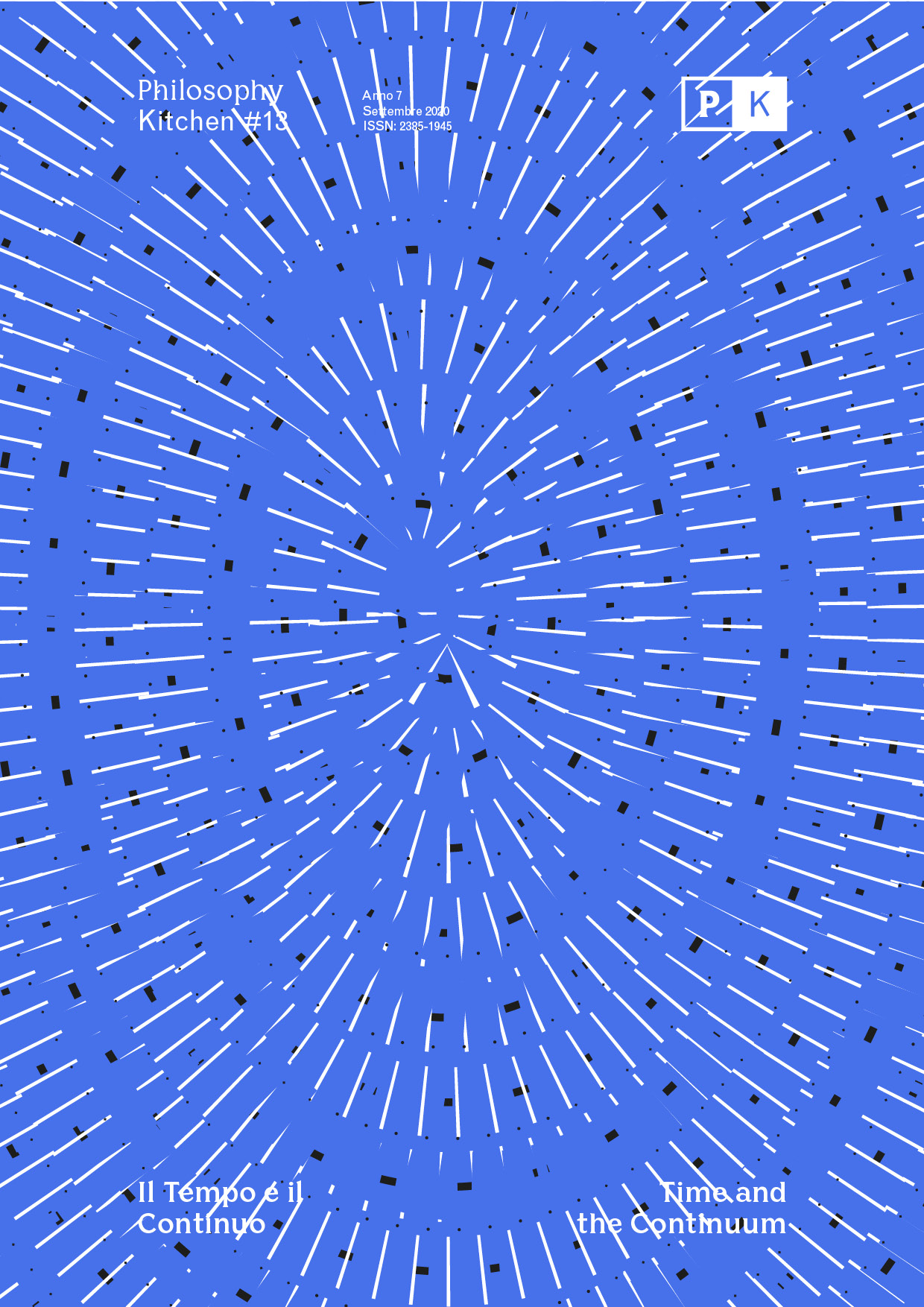Reassessing Husserl’s Account of the Time‑continuum after the Debate on Presentism and Eternalism
DOI:
https://doi.org/10.13135/2385-1945/5172Abstract
The recent philosophical debate about the nature of time is peculiarly focused on the divide between presentism and eternalism. As a matter of fact, after Einstein’s General Relativity theory most theoretical physicists opted for eternalism, also known as “block-universe theory”. This view finds support in Minkowski’s famous paper Space and Time (1908). Even if theoretical physicists commonly accept nowadays the concept of spacetime as a mathematical tool, the situation is much more complex for what concerns the consensus about its very nature. For instance, for Rovelli’s Quantum Gravity (QG) theory our perception of space and time as continua reveals itself as an illusion, that is, a blurry sight of elementary processes. My aim in this paper is to demonstrate that a) the opposition between eternalism/spacetime theory and QG theory is rooted in their underestimation of subjective experience; b) such a divide could be fruitfully overcome by transcendental phenomenology, based on the idea that the very experience of time is intuitively given as a continuum; c) the formalization of spacetime is possible only under this basic subjective experience.






